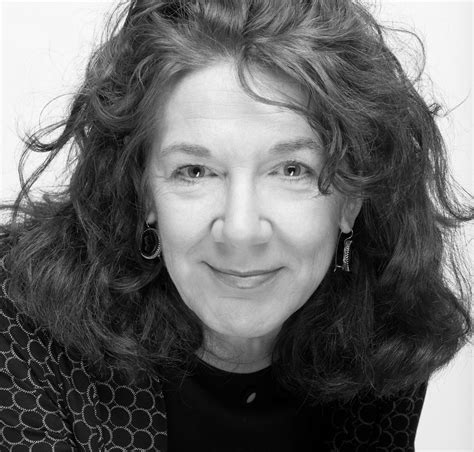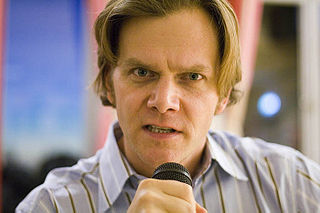A Quote by Billy Collins
When I discovered the lyric poem, that advanced not by narrative steps but by blocks and layers of imagery, I said, 'Gee, I probably could do that. So let me try that.'
Related Quotes
I have taught the long poem off and on for years. The more book-length poems I read and studied and taught the more interested I was in the possibilities in writing a poetry that applied formal and substantive options of narrative and non-narrative, lyric and non-lyric. I found many pleasures in this kind of writing. The long poem is as old as the art form.
I think that the casual reader and the lyric and confession are trickily tied up together. I mean often when I read my students' poems my first impulse is to say, "O, the subject of this pronoun, this 'I,' is whatever kid wrote this poem." The audience for lyric poems is "confessionalized" to some extent. And I think this audience tends to find long narrative poems, for instance, kind of bewildering.
Because I love narrative but am more lyrically inclined, I've learned that if I freight titles with narrative information (the who, what, when, where, why of the poem), I can get to my main interest, which is the language, and where it wants to take me. If I can establish the poem's occasion in the title, then so much the better for my freedom to associate.
Everything in Louisiana is about layers. There are layers of race, layers of class, layers of survival, layers of death, and layers of rebirth. To live with these layers is to be a true Louisianian. This state has a depth that is simultaneously beyond words and yet as natural as breathing. How can a place be both other-worldly and completely pedestrian is beyond me; however, Louisiana manages to do it. Louisiana is spooky that way.
For me, form is something I locate in the process of writing the poems. What I mean is, I start scribbling, and then try to form the poem - on a typewriter or on my computer - and, by trial and error, try to find the right shape. I just try to keep forming the poem in different ways until it feels right to me.







































